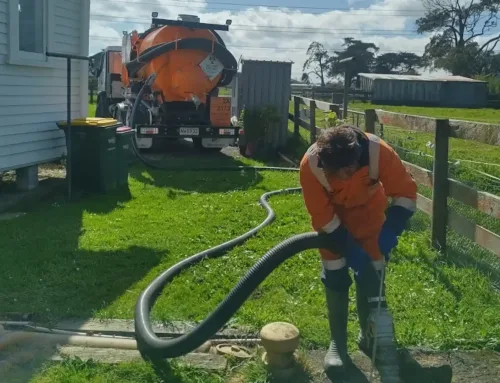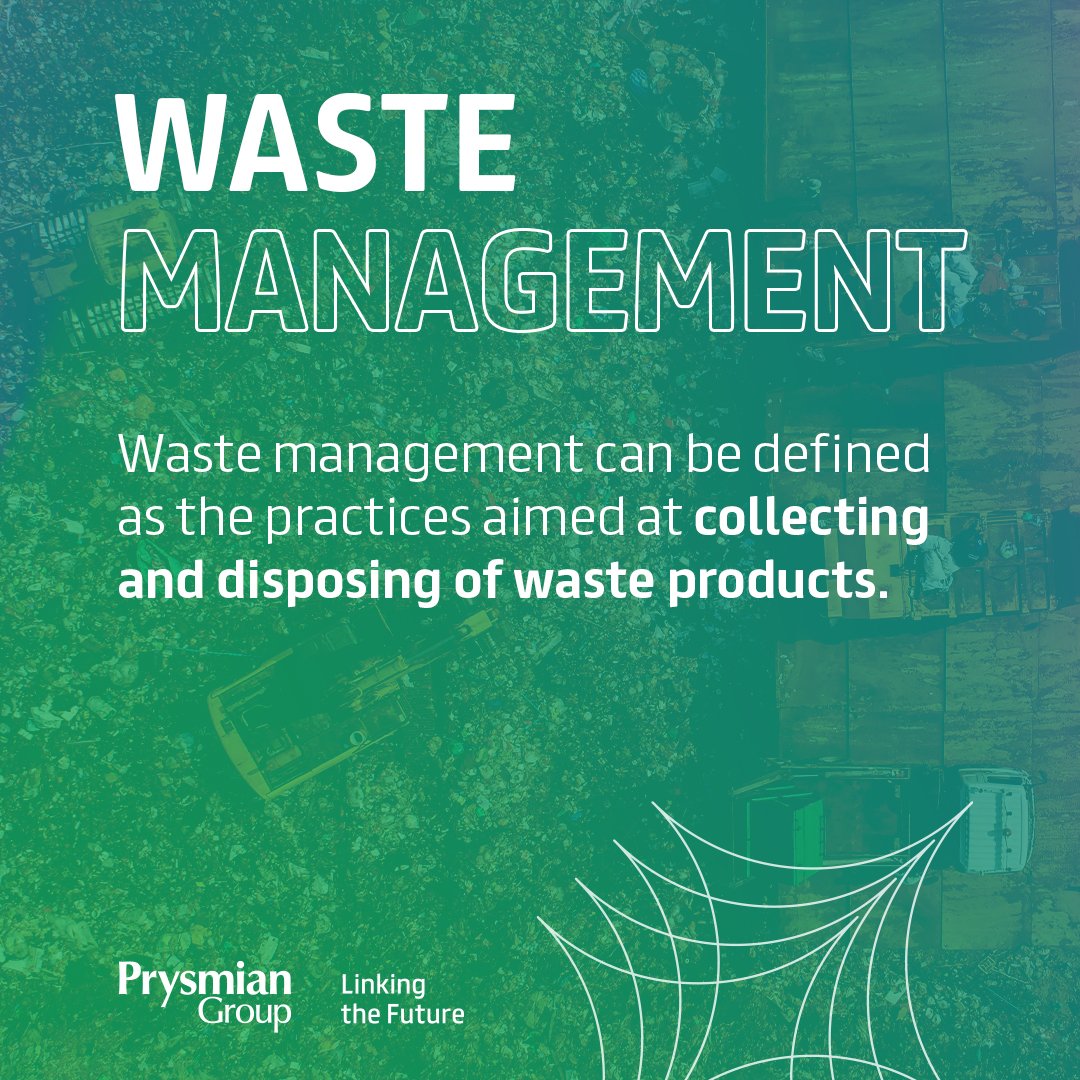Some Known Details About Reclaim Waste
Some Known Details About Reclaim Waste
Blog Article
What Does Reclaim Waste Do?
Table of ContentsLittle Known Questions About Reclaim Waste.How Reclaim Waste can Save You Time, Stress, and Money.Rumored Buzz on Reclaim WasteReclaim Waste Can Be Fun For Everyone3 Simple Techniques For Reclaim Waste
Check out the types, events, and types of fluid waste. Domestic sewer waste describes the waste and items from a property septic system. This kind of waste is developed by people in houses, schools, and various other structures. This only consists of septic storage tanks that have a drain field. The appropriate monitoring and disposal of residential sewage waste call for liquid waste to be transferred to a sewer treatment plant where the correct methods and tools are put on purify and dispose of waste.
Business waste usually includes possible risks, such as combustible materials or a combination of liquid and solid waste items, and requires a much more advanced and thorough disposal procedure. The disposal of commercial waste generally entails the filtration of waste before transport to guarantee risk-free and correct disposal. Industrial waste is produced from results and drainage of industrial processes and manufacturing.
This kind of waste can not make use of the exact same sewer administration transport or processes as septic or commercial fluids. The hazardous waste management procedure requires the assessment and screening of fluid waste before it undergoes the disposal procedure (liquid waste disposal). Drainage waste is the liquid waste that originates from drainage and excess stormwater in extremely booming locations or cities
Runoff waste can cause contamination and flooding otherwise handled appropriately. Find out more concerning drain cleaning and waste management. Making certain proper waste management can stop disasters and lower environmental injury. Both individuals in residential setups and professionals in business or manufacturing markets can benefit from understanding the procedures and laws of liquid waste administration.
Indicators on Reclaim Waste You Need To Know
Contact PROS Providers today to find out about our waste management and disposal solutions and the proper means to take care of the fluid waste you produce.
(http://go.bubbl.us/e67627/7593?/Reclaim-Waste)This supposed 'wastewater' is not only an important source however, after therapy, will certainly be launched to our land, waterways or the ocean. Utilized water from toilets, showers, baths, cooking area sinks, laundries and commercial procedures is understood as wastewater.

water made use of to cool equipment or clean plant and tools). Stormwater, a type of wastewater, is drainage that flows from farming and city areas such as roofings, parks, yards, roadways, paths and seamless gutters right into stormwater drains pipes, after rain. Stormwater streams neglected directly to local creeks or rivers, at some point reaching the sea.
The 6-Minute Rule for Reclaim Waste
In Queensland, the majority of wastewater is dealt with at sewage treatment plants. Wastewater is carried from domestic or commercial sites through a system of sewage systems and pump stations, known as sewage reticulation, to a sewer therapy plant.
The Division of Natural Resources suggests regional governments about managing, operating and preserving sewage systems and treatment plants. In unsewered locations, local federal governments may require owners to set up individual or home sewage treatment systems to treat residential wastewater from toilets, kitchens, restrooms and laundries. The Division of Natural Resources authorises using house systems when they are confirmed to be efficient.
Most stormwater obtains no therapy. In some new communities, therapy of some stormwater to get rid of clutter, sand and gravel has actually begun making use of gross contaminant catches. Wastewater therapy occurs in 4 stages: Eliminates strong matter. Larger solids, such as plastics and various other items wrongly discharged to sewage systems, are eliminated when wastewater is travelled through displays.
Wastewater after that streams into big tanks where solids work out and are removed as sludge. Grease and residue are skimmed from the surface area. Utilizes tiny living microorganisms called micro-organisms to damage down and eliminate continuing to be dissolved wastes and fine fragments. Micro-organisms and wastes are incorporated in the sludge. Eliminates nitrogen and phosphorus nutrients that can trigger algal flowers in our waterways and intimidate marine life.
What Does Reclaim Waste Mean?
Nutrient removal is not available at all sewage treatment plants because it requires expensive specialized devices. It is coming to be much more typical in Queensland. Clear fluid effluent generated after therapy might still include disease-causing micro-organisms. If this effluent is released into waterways such as rivers or the sea, the micro-organisms will eventually die out.

The majority of wastewater streams right into website link the sewerage system. Under the Act, neighborhood governments carry out authorizations and licences for ecologically pertinent activities (Ages) including wastewater launches that could have a regional impact.
Indicators on Reclaim Waste You Need To Know
Otherwise, samples are taken for lab evaluation. Typically many tests are required to establish the levels of each of the different toxins such as oils, hefty steels and pesticides in water. Monitoring gives factual information regarding water high quality and can verify that permit problems are being fulfilled. The details obtained through monitoring provides the basis for making water quality decisions.
Report this page